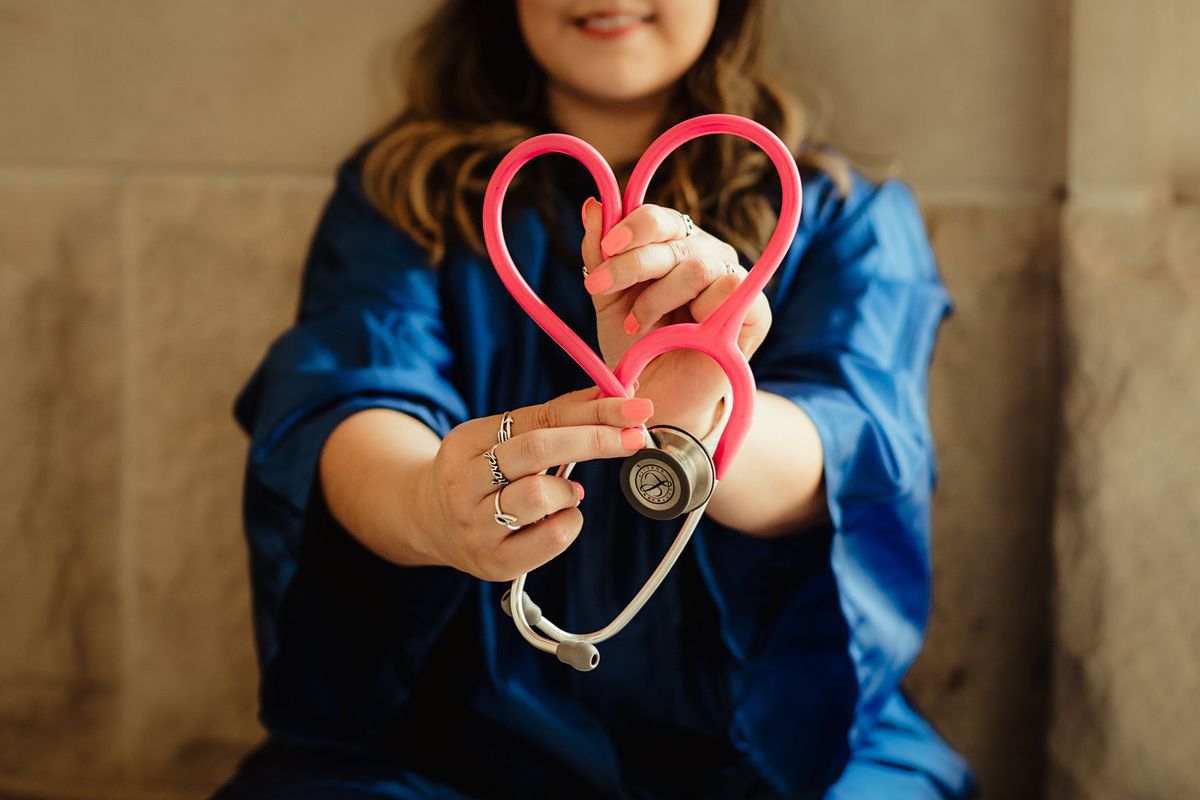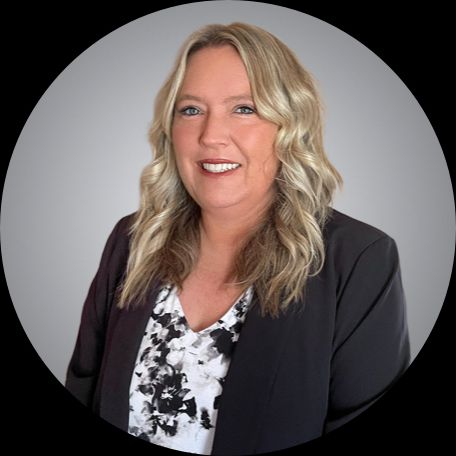Checklist for Family Caregivers
Discover the best ways for a family caregiver to use a checklist for senior care. Seniorly can help explain what a checklist is used for and why to use it.

What is a caregiver?
A caregiver is a person who has the responsibility and privilege of caring for someone else's healthcare. Older adults, such as elderly parents, may need caregivers because they need help with long-term care such as daily tasks, an injury, disease, a mental disorder, a disability, or a wide variety of issues.
Elderly people often require the assistance of a primary caregiver because they are unable to care for themselves anymore and may have complex issues. Caregivers typically assist with daily tasks like grocery shopping, cooking meals, and basic hygiene needs. Sometimes an elderly loved one may need help managing medical issues or mobility problems that make it difficult for them to perform even simple tasks on their own.
Caregivers are often unpaid as they are family caregivers, such as adult children or other family members from an aging parent's social network. Caregivers can also be from home care services or be home health aides that are paid for by the senior. Caregiving can be highly stressful for caregivers. It can be especially difficult when caring for a loved one who is severely disabled or suffers from memory problems, such as Alzheimer's.
The physical and emotional toll that long-term caregiving can take on a person is something to consider. Selfless love for our loved ones often leaves us struggling in ways it might not be healthy or appropriate for us, so consider this before deciding if you should provide them with assistance in their family home or find an adult daycare service, nursing home/skilled nursing facility, assisted living facility, or memory care facility that has specialized professionals to take care of your loved one’s needs.
Why have a daily checklist?
With all of the responsibility that comes with becoming a caregiver, a checklist is a useful tool to document important information. The checklist can make sure the caregiver remembers all the tasks and services they need to complete on a daily basis for the person they are taking care of. It is a great quick reference to keep all the caregiving responsibilities at hand as well as all the decision-making that needs to be done.
The benefits of using a daily checklist are:
- Keeping track of all daily tasks. Remembering all of your daily tasks can become overwhelming when your loved one requires a lot of attention. Use a checklist as a way to work through your day just like having to-do lists.
- Adjust the checklist to meet specific needs. Whether you are a caregiver for one loved one or more, a checklist can be customized to suit the needs of each senior in your life. Care providers can easily make checklists for each individual and their individual daily needs.
- Keep tasks in order. If you are caring for a loved one that has tasks that need to be done in a certain order or in a timely manner, a checklist can help keep the tasks organized and keep important papers and important documents organized.
- Free up some time for the caregiver. Most caregivers are too busy giving care and not enough time taking care of their own needs. Using a checklist can alleviate some stress of caregiving by having a daily list of tasks to make your day more efficient, leaving some free time for the caregiver, and avoiding caregiver burnout.
Senior caregiver responsibilities
Every day may be different while you are caring for your loved one, but many activities may stay the same. Here is a list of top responsibilities you may face as a caregiver.
- Activities of daily living (ADLs). Your loved one may need assistance with basic daily needs. ADLs can be defined as eating, bathing, grooming, ambulating, and toileting. It is a good idea to pay attention to all signs that will notify you that your older parent is in need of more help.
- Prepare a care plan. A care plan can address your senior loved one’s care needs and can be very helpful when deciding what your caregiving goals will be. Being a care manager will allow you to decide how many hours a day of care your loved one will require as well as what type of assistance is needed.
- Personal care. Can your loved one get dressed by themselves? Are they able to brush their teeth, shave their face, and cut their own nails? These are a few things that need to be considered when caring for a senior.
- Physical care. If your loved one needs help walking, standing, or toileting make sure you understand all of their needs so you can take care of each one.
- Activities and exercise. Everyone needs stimulation for their brain. Make sure to make time to play games and watch videos as well as help with home exercises.
- Medication management and medical needs. Taking care of your loved one’s health is a major responsibility. You may have to keep track of medication management and what medications are taken when and at what time of the day. You may also be in charge of scheduling and transportation to and from medical appointments. Having open communication with your loved one’s doctors is beneficial to discuss chronic conditions, pain levels, and all-around health issues.
- Housekeeping. With age, maintaining a household can be very difficult. As your loved one ages they may need more help with daily maintenance of the house such as dishes, taking out the garbage, and cleaning up after themselves. There could also be chores like yard work and snow shoveling that need to be taken care of. At this point explore whether your loved one would benefit from living in a senior community.
- Review their care plan often. Changes may happen quickly with your loved one and you need to make sure you can adapt just as quickly. Visiting the care plan often is important to review what may be needed additionally to the plan in place. Make sure all services are covered under Medicaid.
- Provide transportation. With age, driving may not be in the best interest of your senior. Providing transportation to them for outings, doctor appointments, grocery shopping, and other activities may be necessary.
- Provide companionship. One of the most important aspects to consider when caring for an aging loved one is companionship. Loneliness in older adults can lead them to health issues as well as depression among other things. Being a companion can improve your senior’s quality of life.
Daily Caregiver Checklist
As a caregiver, you want to make sure that the needs of your loved one are being met. A daily checklist will allow you to check off all of the daily tasks that need to be completed for your loved one. Below is a list of potential topics that you can use in your own checklist. Every senior has a different level of care. Adjust this checklist to fit your loved one’s needs and turn it into a worksheet if helpful.
- Ambulatory help (i.e. Hoyer lift, walking, standing)
- Shower and Shampoo
- Oral health is taken care of
- Nail care
- Medical needs (i.e. insulin, oxygen)
- Monitor health
- Manage medical records
- Manage health insurance and insurance policies
- Manage Medication
- Manage bank accounts and address financial issues
- Take care of estate planning and legal documents
- Shave
- Help getting dressed
- Toileting
- Check vital signs
- Morning Medicine
- Breakfast
- Skincare (i.e. lotion)
- Wound care
- Clean the house (i.e. vacuum/dust)
- Wash Laundry
- Clean kitchen
- Change linens
- Afternoon medication
- Lunch
- Emails/Calls (i.e. schedule medical appointments, keep track of phone numbers)
- Bill paying
- Groceries
- Act as a companion (i.e. play games, take walks)
- Exercise
- Physical therapy
- Dinner
- Get dressed for bed
- Night medication
- Other
Being overwhelmed with the endless possibilities can lead to feeling powerless and stressed. It is important to be able to get all of the important details down on paper to help with organization and to reduce stress while caregiving. A checklist can act as not only a personalized list for your loved one but also a list that can be shared with medical providers to help with your loved one’s care.
Lydia Bruno boasts over ten years of technical writing, having been a compassionate caregiver for over five years for seniors, and working within senior care facilities with a high level of dedication, care, and compassion for older adults and their families. When Lydia isn’t writing she is spending time with her husband and four daughters or enjoying time in her garden.
To learn more about Seniorly's editorial guidelines, click here.
Sign up for our Healthy Aging Handbook
Seniorly’s Senior Living experts created a comprehensive handbook to help people age happily while ensuring they love where they live. Enter your email address below to receive your copy and learn more about Healthy Aging and Senior Living.*
*By submitting your email address above, you consent to receive occasional email communications from Seniorly, including educational content and tips, newsletters, and other relevant updates and offerings. You can unsubscribe at any time and we will never sell or distribute your email address to a third party. You can view our Privacy Policy here.
